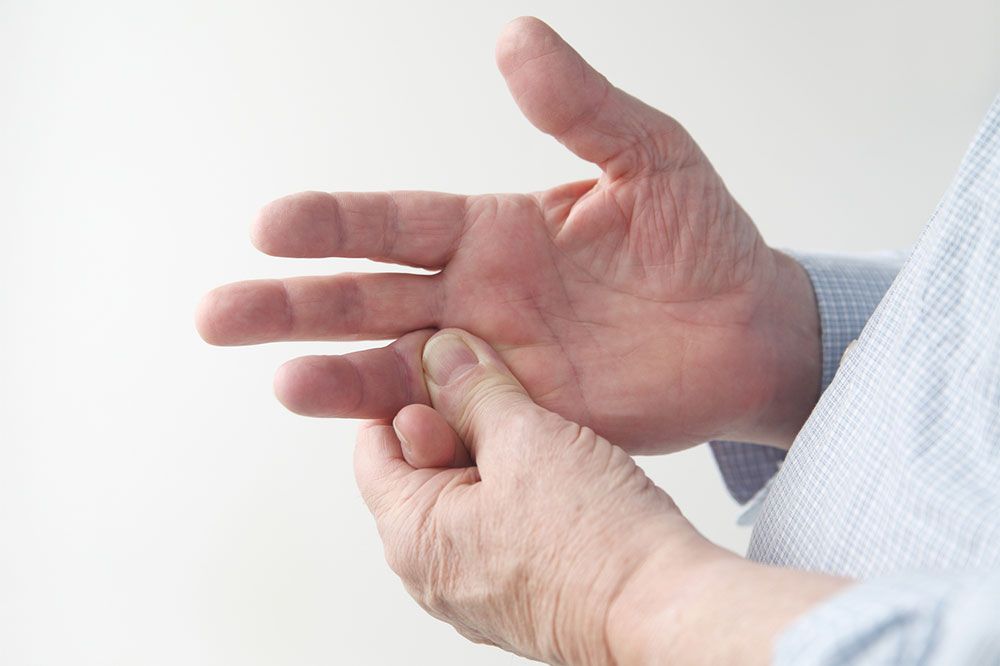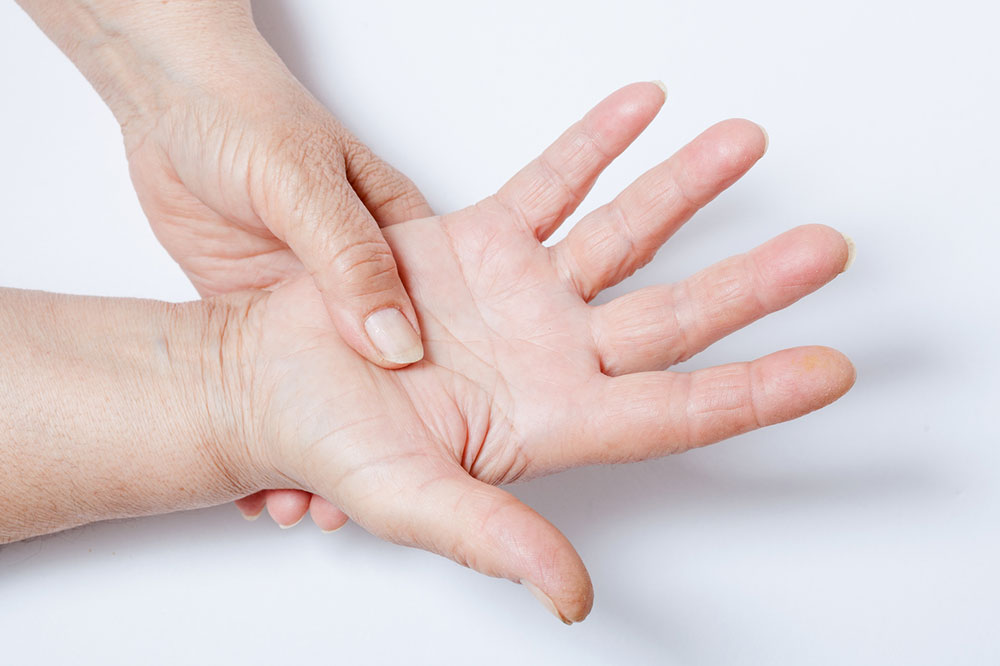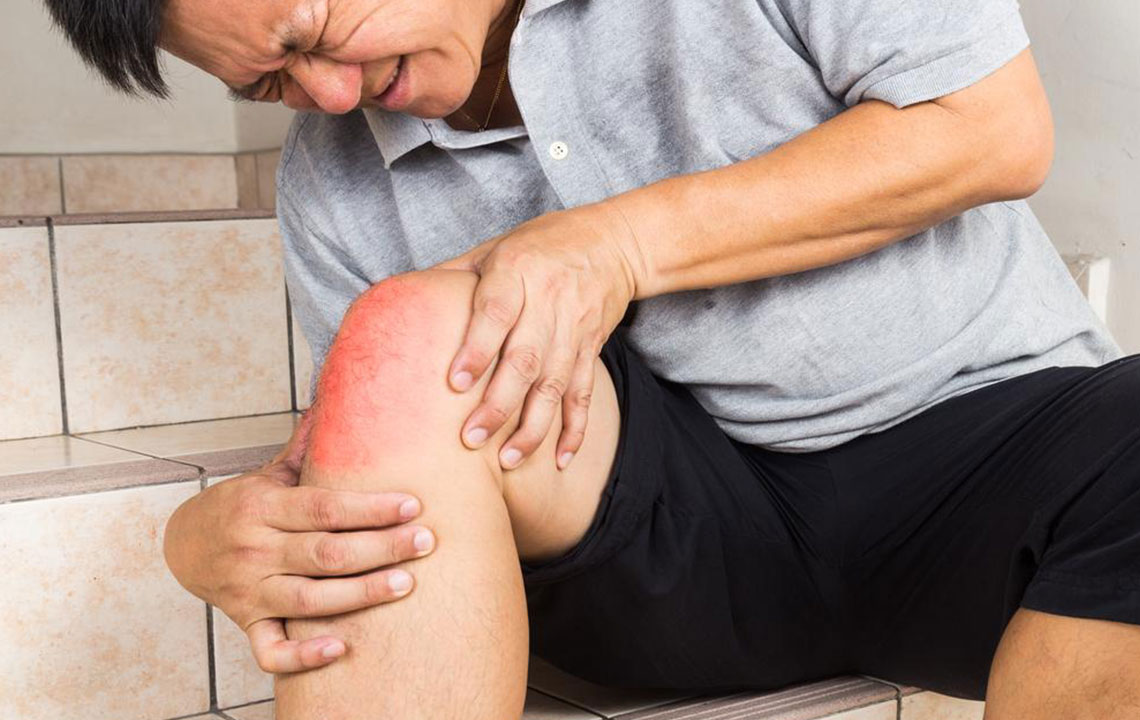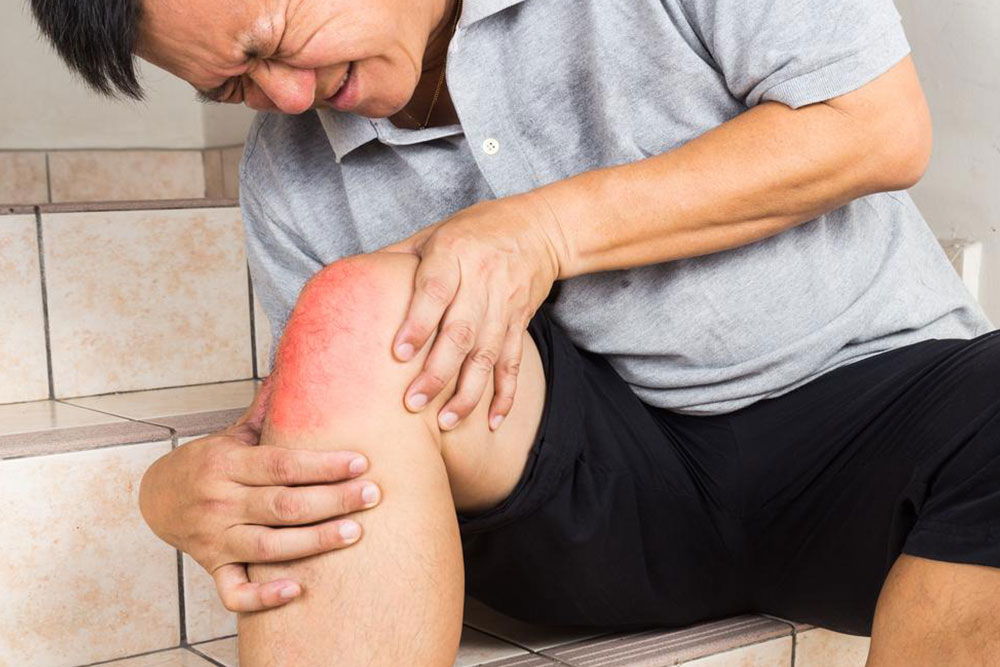Understanding Common Joint Diseases and Their Treatments
This article explores common joint diseases including osteoarthritis, spondyloarthritis, bursitis, rheumatoid arthritis, and gout. It describes their causes, symptoms, and treatment options like medications, physiotherapy, and surgery, helping readers understand how to manage these prevalent conditions for better joint health.
Sponsored

Joints, formed by connecting bones, facilitate our movement. Various joint disorders primarily result from cartilage deterioration or inflammation. Among these, arthritis is one of the most widespread health issues, especially as people age. Here are some common joint problems you should be aware of:
Osteoarthritis
Affecting over 10% of men and 13% of women over 60, osteoarthritis is a typical degenerative joint condition. It develops when cartilage cushioning the bones deteriorates, usually impacting the spine, hands, hips, and knees. If untreated, it leads to bone damage, reducing flexibility. Treatment varies from medications and physiotherapy for mild cases to surgery for advanced stages.
Spondyloarthritis is a rheumatic disease inducing joint inflammation, impacting the spine, chest, hips, fingers, knees, and toes. It is linked to the HLA-B27 gene. Treatment includes medication, physiotherapy, and surgical options if necessary.
Bursitis involves fluid buildup in bursae, the sacs protecting joint areas, leading to swelling and pain especially around shoulders, elbows, and hips. Overuse, injury, or bacterial infection trigger bursitis. Managing it involves anti-inflammatory drugs, compression techniques, and resting the affected joint.
Rheumatoid arthritis is an autoimmune condition where the immune system mistakenly attacks joint tissues, causing inflammation, pain, and potential joint damage. Treatments encompass NSAIDs, corticosteroids, and surgeries like joint fusion or replacement.
Gout manifests as uric acid crystal buildup in the big toe, more commonly affecting women post-menopause and men. Dietary modifications and medications such as NSAIDs help control gout symptoms.






